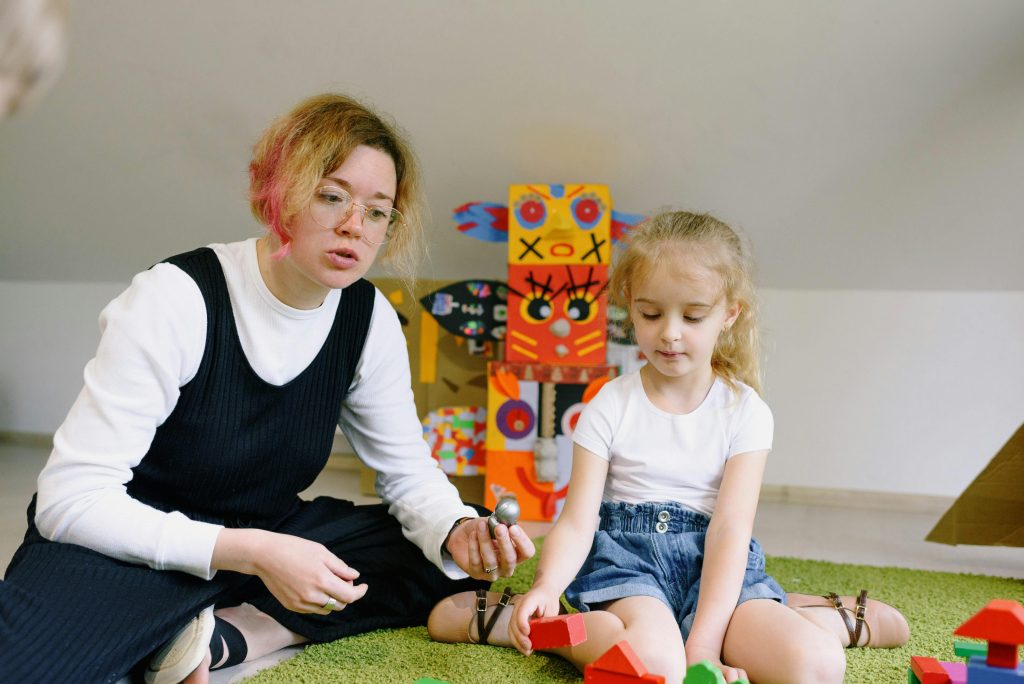
Social skills training plays a crucial role in helping individuals with autism develop the ability to communicate, interact, and build relationships effectively. Many people with autism face challenges in understanding social cues, recognising emotions, or participating in group activities. We can support their journey toward more confident social interactions by providing targeted social skills training and autism-focused strategies.
Structured Social Skills Groups
One of the most effective methods for developing social skills is participation in structured social skills groups. These groups are often led by therapists who design activities that simulate real-life
scenarios, such as starting a conversation, taking turns, or resolving conflicts.
For instance, children may play role-playing games to practise greeting others or maintaining eye contact. These group settings teach social skills and foster a sense of community and
understanding among peers.
Therapists specialising in social skills therapy for autism tailor these activities to the unique needs of each participant, ensuring that they address specific areas of difficulty. Group settings also
provide valuable opportunities for individuals to receive constructive feedback in a supportive environment.
Applied Behaviour Analysis (ABA)
Applied Behaviour Analysis (ABA) is another practical approach used in social skills training. This evidence-based method focuses on breaking down complex social behaviours into manageable
steps. For example, a therapist might teach a child to recognise facial expressions, respond to greetings, or share toys with peers.
The core principle of ABA is positive reinforcement, which encourages individuals to repeat desired behaviours. By working one-on-one with a therapist, individuals with autism can practice these skills repeatedly, building confidence and competence over time. Incorporating ABA into a comprehensive list of social skills for autism ensures that individuals can address specific challenges systematically.
Peer-Mediated Interventions
Peer-mediated interventions involve teaching typically developing peers how to interact effectively with individuals with autism. This approach creates a more inclusive environment where children
learn from one another. Peers are trained to model appropriate social behaviours, such as taking turns during games or showing empathy when someone is upset.
This method benefits individuals receiving the training and promotes understanding and acceptance among all participants. Peer-mediated interventions are powerful tools in social skills training and autism, as they help bridge the gap between theory and real-world interactions.
Social Stories
Social stories are short narratives that describe specific social situations and appropriate responses. These stories are often customised to suit the needs of individuals with autism. For instance, a social story might explain what to do when entering a classroom, such as saying hello, sitting quietly, and waiting for instructions.
Social stories are highly effective in social skills therapy for autism. They use clear and simple language, often paired with visual aids. These tools help individuals understand abstract social concepts in a concrete and relatable way.
Empowering Growth with Social Skills Therapy for Autism
At Mind Stretch, we specialise in providing personalised solutions for developing social skills. Our programs are tailored to meet the unique needs of individuals with autism, combining evidence-based strategies with compassionate care. If you’re ready to explore how we can help your loved one thrive, contact us today to learn more about our services in social skills training and autism.
